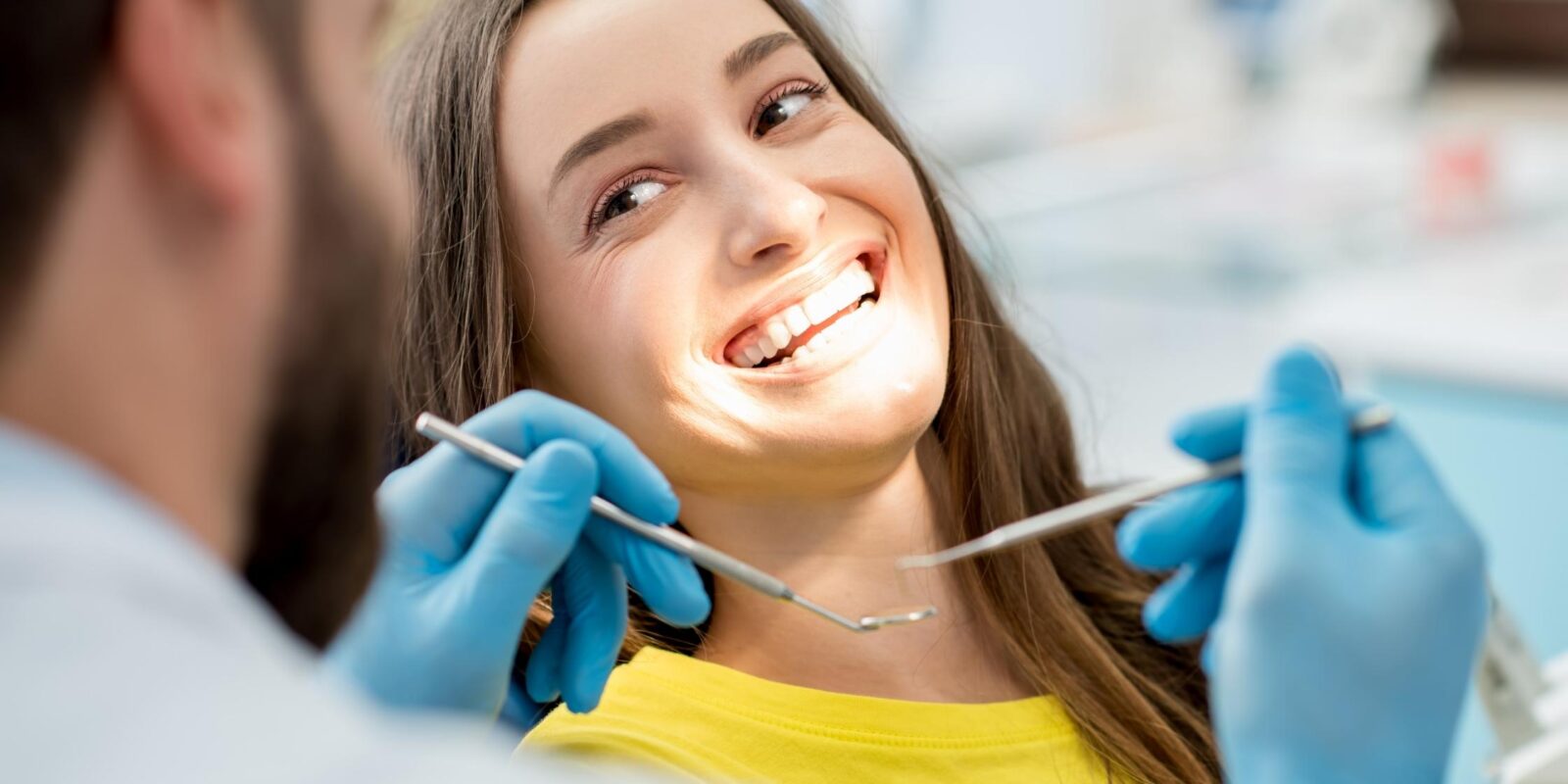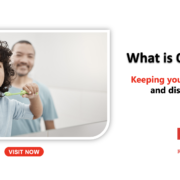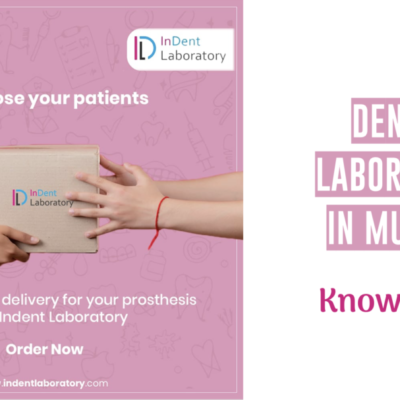Dental check-ups are an essential part of taking care of our teeth. A dental check-up provides a dentist with the opportunity to get a visual and oral assessment of your teeth and gums and possible dental problems. The dentist can also identify other potential problems you may be at risk for developing later in life if you don’t take good care of your teeth now. A routine dental check-up is usually recommended once every 12 months. It’s the perfect opportunity to catch early signs of gum disease, tooth decay, or other common oral health issues that are often not apparent to the untrained eye. But how necessary is this check-up? Do we really need it once a year? Read on to learn more about why this is important and how you can put your knowledge into practice.
What can a dental check-up accomplish?
A dental check-up is the only way to assess your oral health if you don’t have any symptoms. If something is wrong with your teeth but you have no pain, an infection, or other dental symptoms, a dental check-up is the only way to find out. Dental problems often have no symptoms until they are very advanced and can lead to other, more serious health issues like heart disease if left untreated.

A dental check-up can also reveal areas of your teeth that are at risk of damage and that you may want to protect with dental sealants or regular brushing and flossing. A dental check-up can also be used to track your oral health over time. It can give your dentist an idea of how well you are taking care of your teeth and how consistent you are with brushing and flossing. This can help them spot any areas of concern so they can provide you with the best oral health care possible.
Dental check-up: why is it important?
A dental check-up is the best way to identify dental issues before they become problems. The problem is many people don’t go to the dentist often enough. As a result, they fail to spot dental problems when they are still treatable. This can lead to expensive dental work and a poorer quality of life. Mild symptoms like sensitive teeth are often a sign of something more serious. People who notice these symptoms often don’t go to the dentist.
They don’t want to spend the money or get bad news about their teeth. They don’t realize that mild symptoms are actually signs of a serious problem. If you have sensitive teeth and don’t go to the dentist, you may not know that you have mild periodontal disease that is progressing unchecked and that could lead to more serious issues if left untreated. A dental check-up can help you avoid this. It can reveal any issues while they are still treatable. It is the best way to stay on top of your dental health.
When should you go for a dental check-up?
Now that you know why you should visit the dentist every year, you might be wondering when is the best time to go. A good time to visit your dentist for your yearly check-up is when you renew your health insurance policy or driver’s license. This is the easiest way to mark it on your calendar and ensure it doesn’t get pushed back or forgotten about. Dental check-ups usually take about an hour.

You can usually book an appointment for early in the morning or late in the afternoon when most people are at work or school. This makes it easier to fit into your schedule and ensures you don’t miss work or class. A dental check-up is usually recommended once a year. However, if you have certain risk factors, you might have to go more often.
How to find a good dentist and stay protected?
There are many factors to consider when finding a good dentist. Finding a dentist you trust and feel comfortable with is essential. Your dentist should be able to provide the dental care you need and be willing to answer any questions you have. Make sure you are comfortable with your dentist’s office staff and that they are personable. A dentist who works with patients of all ages is ideal.
If you have young children who visit the dentist with you, you want a dentist who is used to handling and calming them down. If you are looking for a dentist, ask friends and family members if they can recommend one. You can also look for a dentist online. When choosing a dentist, make sure their dental practice is accredited. An accredited dental practice is a large, independent dental office with a team of dental hygienists and dental assistants. It has a large staff of dentists on standby with special skills.
Conclusion to dental check-up
A dental check-up is the only way to know if you have an issue. With your teeth, if you don’t have any symptoms. If something is wrong with your teeth but you have no pain or an infection. Or other dental symptoms, a dental check-up is the only way to find out. Dental problems often have no symptoms until they are very advanced and can lead to other, more serious health issues like heart disease if left untreated. A dental check-up can also reveal areas of your teeth that are at risk of damage and that you may want to protect with dental sealants or regular brushing and flossing. A dental check-up can also track your oral health over time.






